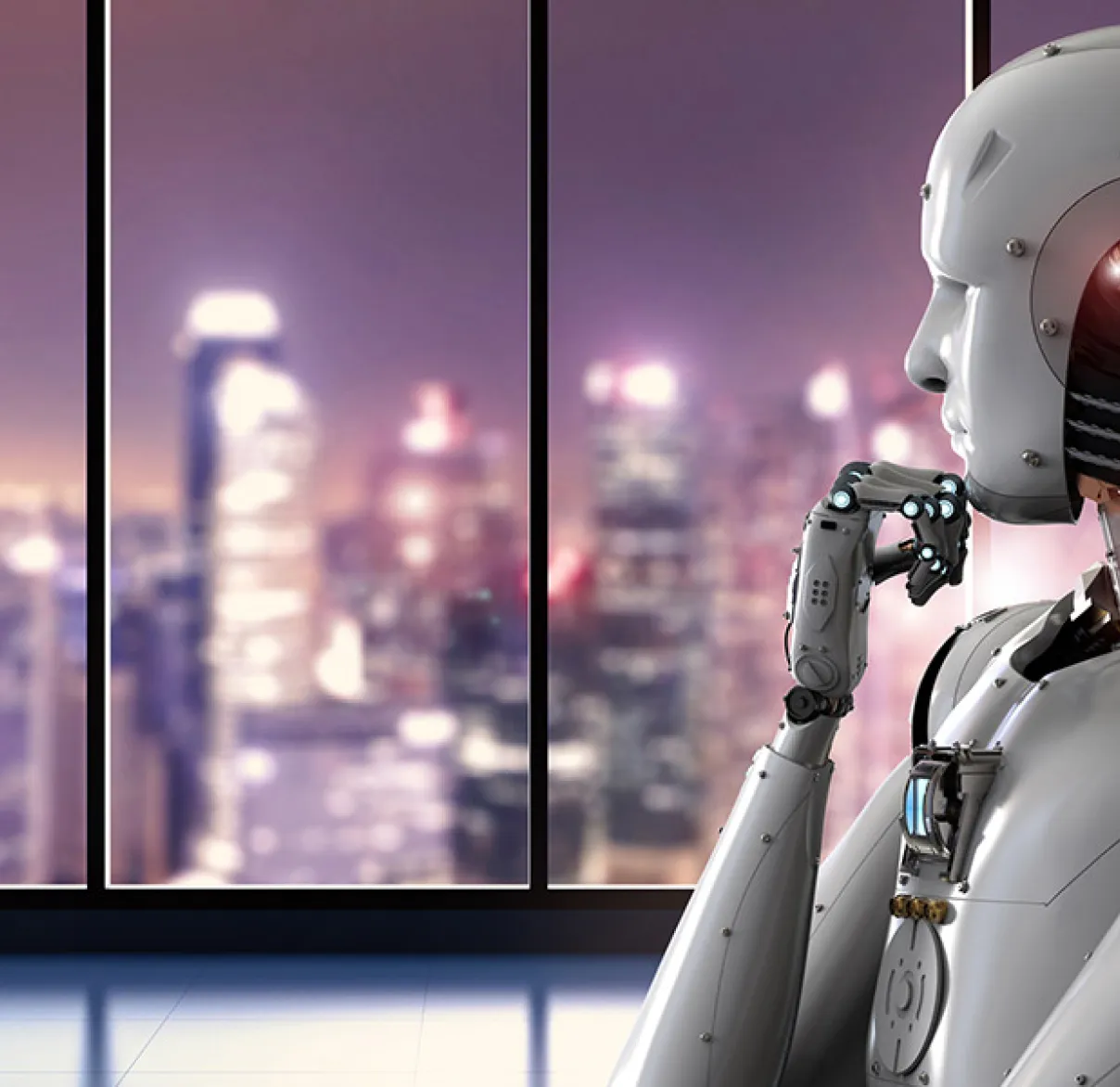Automation for the nation: the future of finance
Artificial intelligence (AI) is infiltrating every area of modern life, from voice recognition devices like Alexa to driverless cars. And financial technology is not immune from the relentless march of AI either.

Artificial intelligence (AI) is infiltrating every area of modern life, from voice recognition devices like Alexa to driverless cars. And financial technology is not immune from the relentless march of AI either. In recent years, AI has injected fresh impetus into the rise of ‘robo advice’ - the new breed of digital technology that gives investors access to a basket of investment advisory services at attractive prices.
As the learning capability of machines gathers pace, fuelled by big data and natural language processing, advisers could be empowered to be more responsive to client needs, augmenting the added value of their services. And clients could also benefit from a richer user experience where they can engage with new, intelligent interfaces that free up the adviser to spend more time developing client relationships and providing more value-added services.
Millennials are driving demand for a “hands off” approach
When the concept of robo advice first reared its head back in 2015, robo advisers were widely viewed as innovative disruptors that could erode existing traditional financial advisory and asset management services and profoundly change the way that financial advice is delivered in the first place.
Yet so far, robo advice has gained only a negligible share of assets under management. Still, it can offer investors a huge price reduction for some services, and its growing fast. So where is this burgeoning demand coming from?
Much of the initial uptake for robo advice is coming from the ‘mass affluent’ market. In this traditionally underserved segment, robo advice has the potential to open the floodgates to a huge new pool of clients: millennials who want to build their wealth, but have previously had limited options to do it. And as those millennials grow older and build their assets, they stand to represent a significant source of growth for financial advisers.
Can robots disintermediate advisers?
However, even those advisers who are most passionate about new technology have yet to plug small accounts into robo advisory models or use new hands-off options in significant numbers to attract younger clients. Understandably, many in the advisory community also find it hard to picture a world in which financial advice will be delivered with little human input.
This initial low take-up of robo platforms could reflect the fact that many advisers have an established older clientele and are themselves nearing the end of their careers. In other words, there’s limited incentive to integrate with a service that’s primarily targeted at younger, less affluent, tech-savvy investors.
Smarter together
As ever, when it comes to technology, there is a middle ground to be found. The rise of the robo adviser is unlikely to lead to a financial services Armageddon where advisers are cut out of the loop entirely. What is much more likely is that robo advisers will be able to perform very specific, highly analytical tasks, like carrying out portfolio valuations or calculating rates of investment return. Rather than robots replacing humans, 'co-bots' will work in partnership with human advisers to deliver the service levels that clients need.
Robo advisers can’t hope to replicate the human relationships that sit at the heart of the adviser’s role. They can’t exercise judgement; they can’t build rapport or trust; nor can they show empathy. And human skills are needed to make AI work in the first place.
So as the financial services industry moves inexorably towards greater automation, those advisers who selectively embrace the best of the opportunities created by robo advice stand to win new clients and build their businesses. But in this high tech, hands off world, the real differentiator of solid client-adviser relationships will remain the same as it always has been: the human touch.
